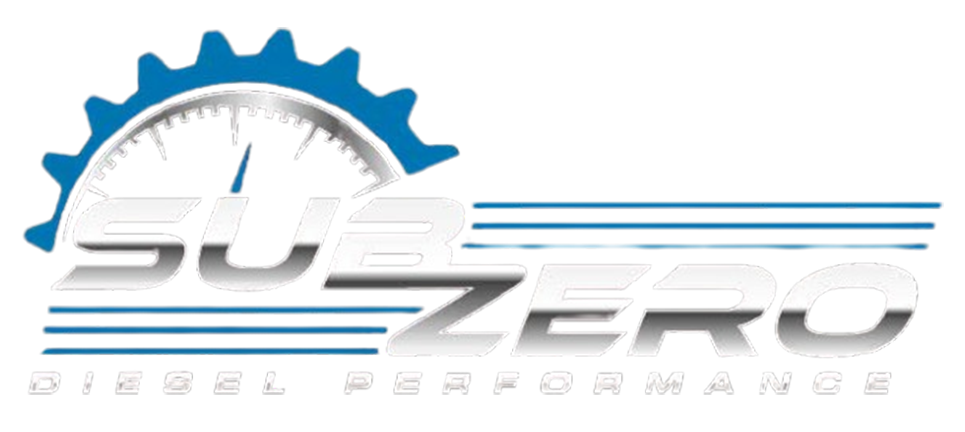Your Diesel Vehicle's Health Checklist
Systematic maintenance prevents costly breakdowns and ensures reliable performance throughout North Dakota's demanding seasons. This comprehensive checklist helps diesel owners stay ahead of potential problems while maximizing their vehicle's lifespan and efficiency.
Daily Inspection Items
Fluid Levels: Check engine oil, coolant, power steering, and brake fluid levels daily for commercial vehicles or weekly for personal use. Low fluid levels often indicate leaks or consumption issues requiring attention.
Visual Inspection: Look for fluid puddles under the vehicle, damaged hoses, loose belts, or unusual wear patterns on tires. Early detection prevents minor issues from becoming major repairs.
Warning Lights: Address any illuminated dashboard warning lights immediately. Modern diesel vehicles use sophisticated monitoring systems that detect problems before they cause damage.
Weekly Maintenance Tasks
Tire Inspection: Check tire pressure, tread depth, and wear patterns. Proper inflation improves fuel economy and prevents premature tire wear. North Dakota's temperature variations require frequent pressure adjustments.
Belt and Hose Check: Inspect drive belts for cracks, fraying, or stretching. Check hoses for soft spots, bulges, or leaks. Replace worn components before they fail and cause additional damage.
Air Filter Assessment: Visual inspection of air filter condition helps determine replacement needs. Dusty agricultural conditions require more frequent filter changes than urban driving.
Monthly Service Schedule
Battery Maintenance: Clean battery terminals, check electrolyte levels if applicable, and test battery voltage. Cold weather stresses batteries significantly, making preventive maintenance crucial.
Exhaust System: Inspect exhaust components for damage, rust, or loose connections. Modern diesel emissions systems require proper function for optimal performance and legal compliance.
Chassis Lubrication: Grease all fittings according to manufacturer specifications. Agricultural and construction applications require more frequent lubrication due to harsh operating conditions.
Seasonal Maintenance Requirements
Winter Preparation: Replace fuel filters, check glow plug operation, and inspect block heater systems. Use appropriate fuel additives to prevent gelling in extreme cold.
Summer Readiness: Inspect cooling system components, replace coolant if needed, and ensure adequate airflow through radiator and intercooler. Heat stress causes many summer breakdowns.
Spring Inspection: Check for winter damage including rust, loose components, and fluid leaks. Address issues before they worsen during active operating seasons.
Mileage-Based Service Intervals
Oil Changes: Follow manufacturer recommendations but consider severe service schedules for agricultural, construction, or commercial applications. Professional oil change service ensures proper filter replacement and disposal.
Filter Replacements: Air, fuel, and oil filters protect engine components from contamination. Quality filters provide better protection and often last longer than economy alternatives.
Fluid Services: Transmission, differential, and transfer case fluids require periodic replacement. Extended intervals or severe conditions may require more frequent service.
Performance Monitoring
Fuel Economy Tracking: Monitor fuel consumption patterns to identify developing problems. Declining fuel economy often indicates maintenance needs or mechanical issues.
Power and Response: Note changes in acceleration, power delivery, or throttle response. These symptoms help technicians diagnose problems before they cause major damage.
Operating Temperature: Monitor engine and transmission temperature gauges. Overheating causes expensive damage that preventive maintenance can avoid.
Documentation and Records
Maintenance Logs: Keep detailed records of all services, repairs, and fluid changes. This documentation helps identify patterns, supports warranty claims, and maintains resale value.
Parts and Labor: Save receipts for parts and labor to track maintenance costs and identify frequently replaced components that may indicate underlying problems.
Warranty Compliance: Follow manufacturer maintenance schedules exactly to maintain warranty coverage. Professional service provides necessary documentation for warranty protection.
Environmental Considerations
Operating Conditions: Adjust maintenance intervals based on actual operating conditions. Dusty, cold, or heavy-duty applications require more frequent service than standard recommendations.
Regional Factors: North Dakota's agricultural dust, extreme temperatures, and road salt require specific maintenance attention to prevent premature component wear.
Professional Service Benefits
Experienced technicians can identify potential problems during routine maintenance, preventing costly emergency repairs. They understand specific requirements for different makes and models.
Professional routine maintenance includes comprehensive inspections beyond basic services, ensuring all systems operate properly and safely.
For comprehensive maintenance services tailored to North Dakota diesel applications, trust Sub Zero Diesel Performance. Our systematic approach to auto repair services keeps your diesel vehicle operating reliably in challenging conditions. Call (701) 339-0358 to establish a maintenance schedule that protects your investment and ensures dependable performance year-round.
